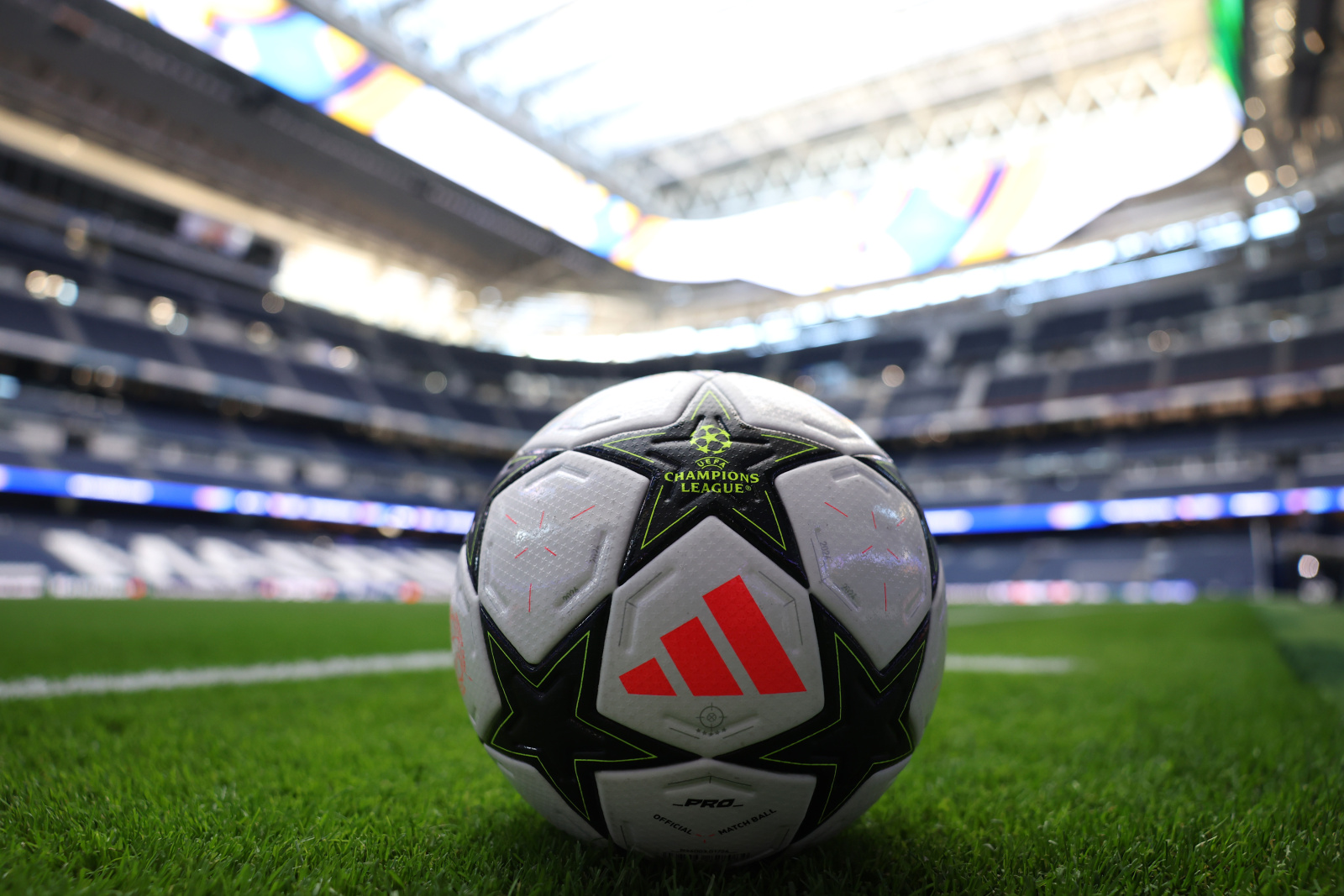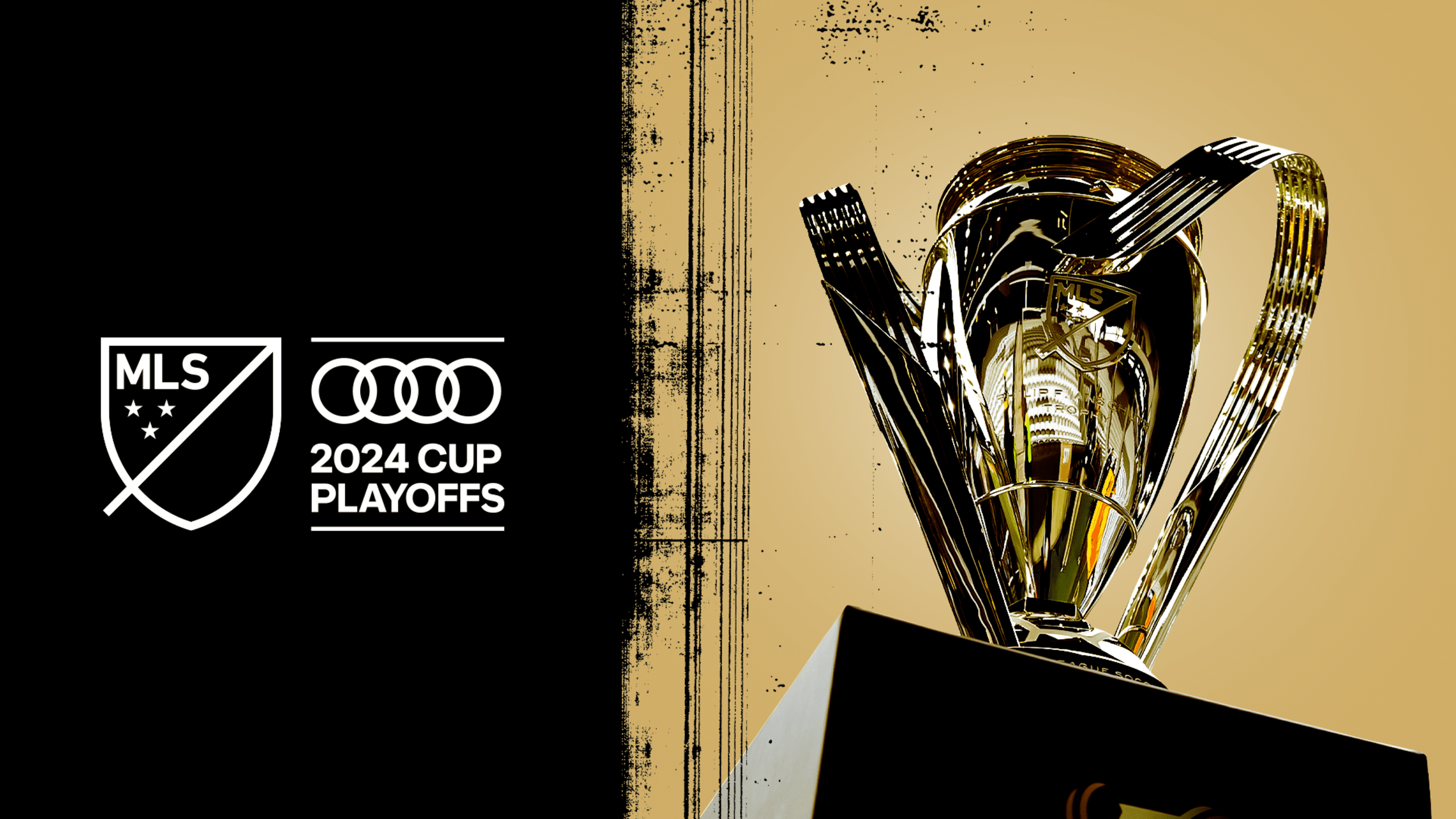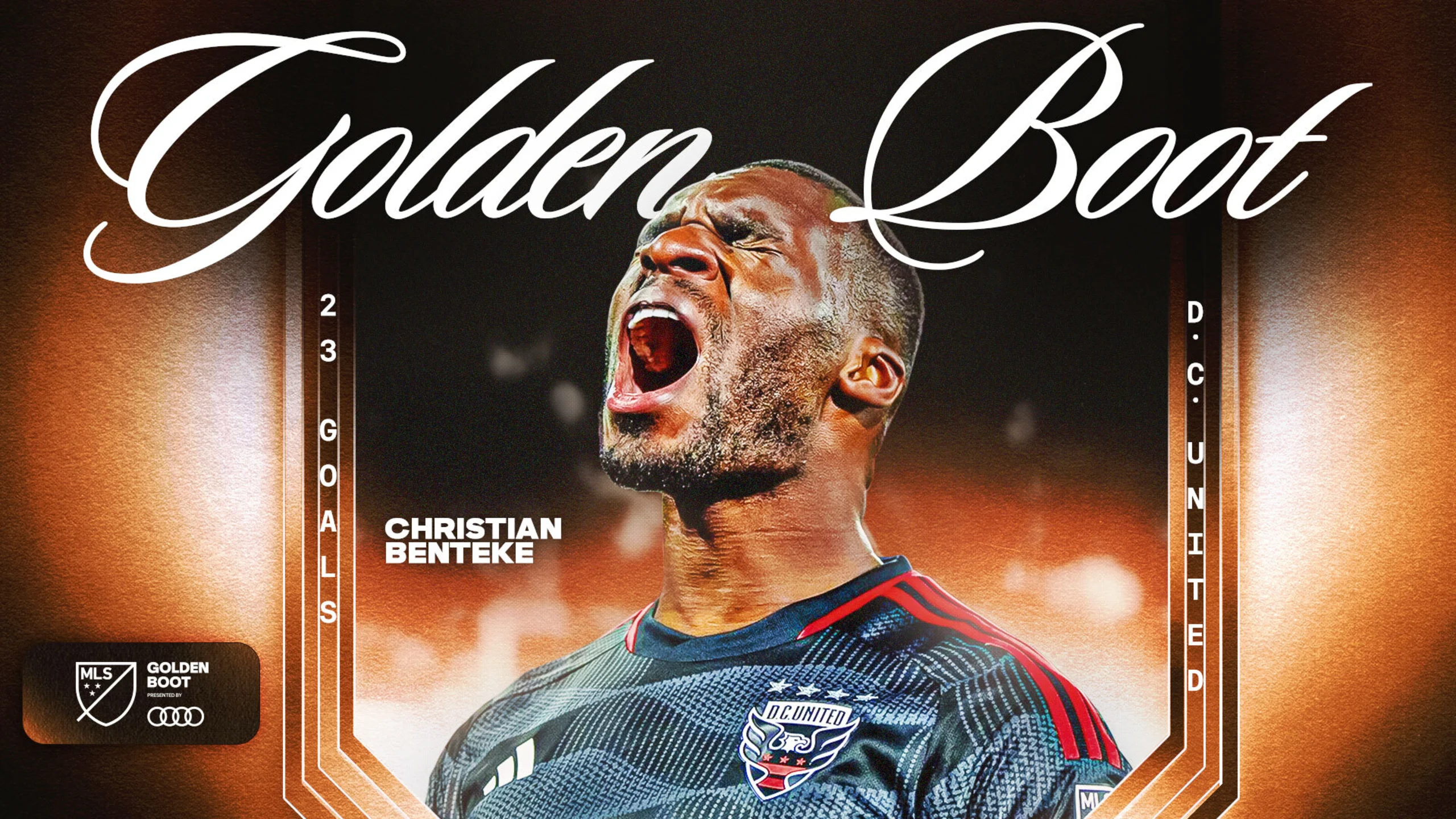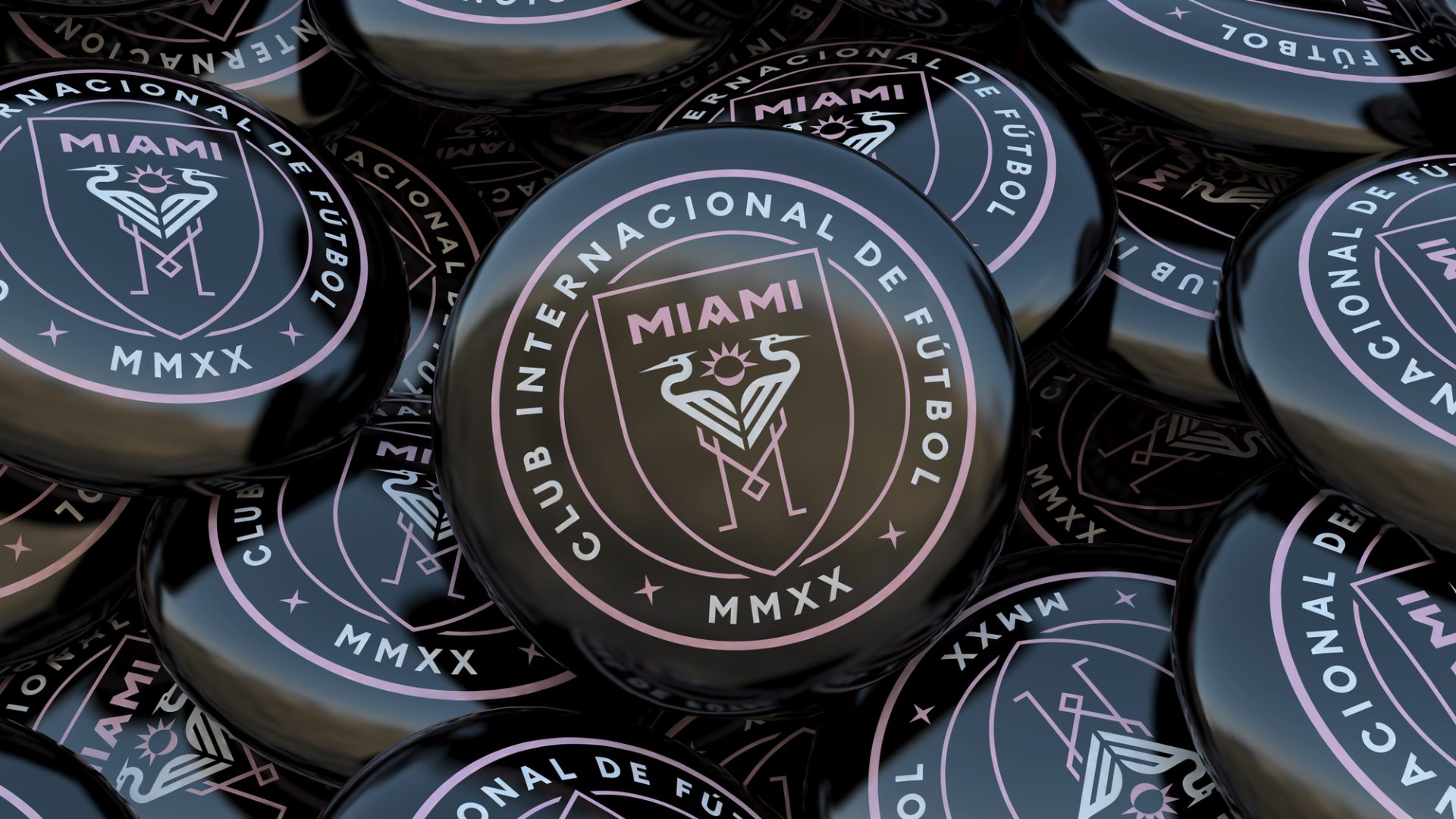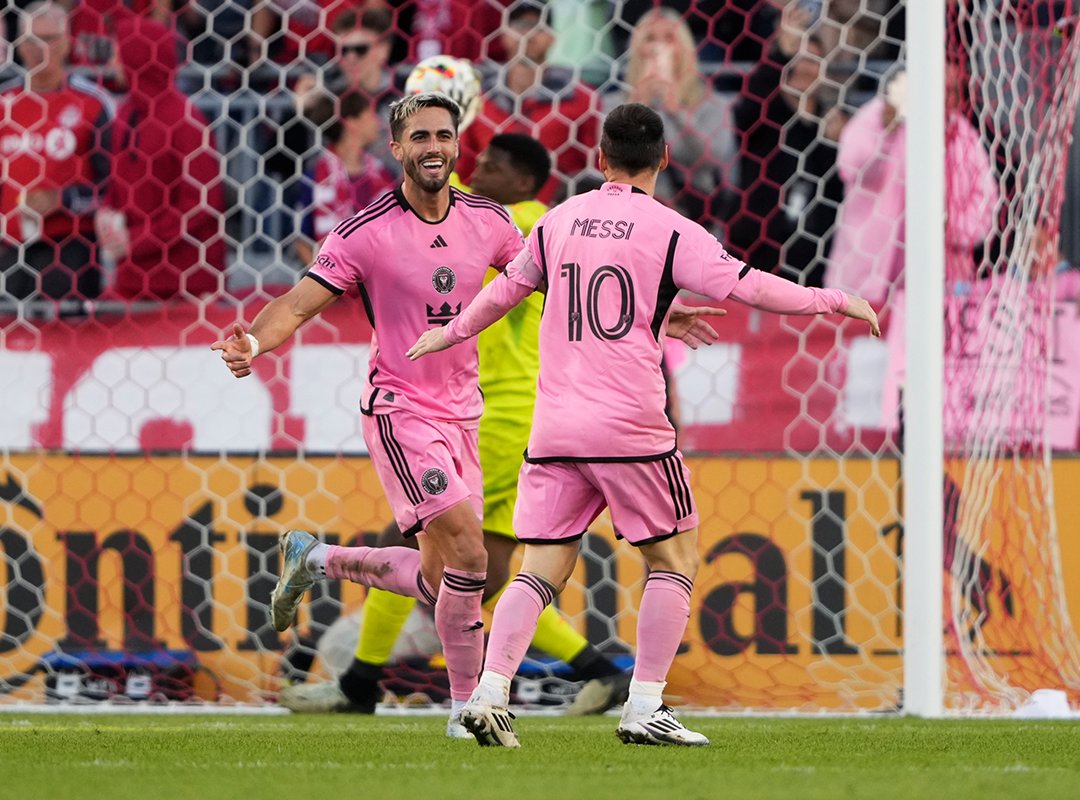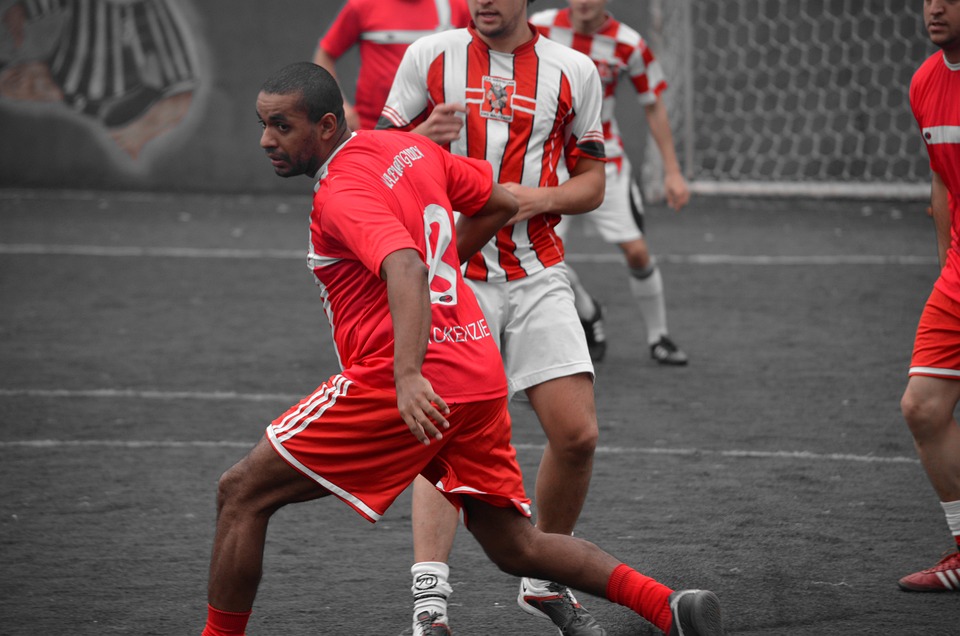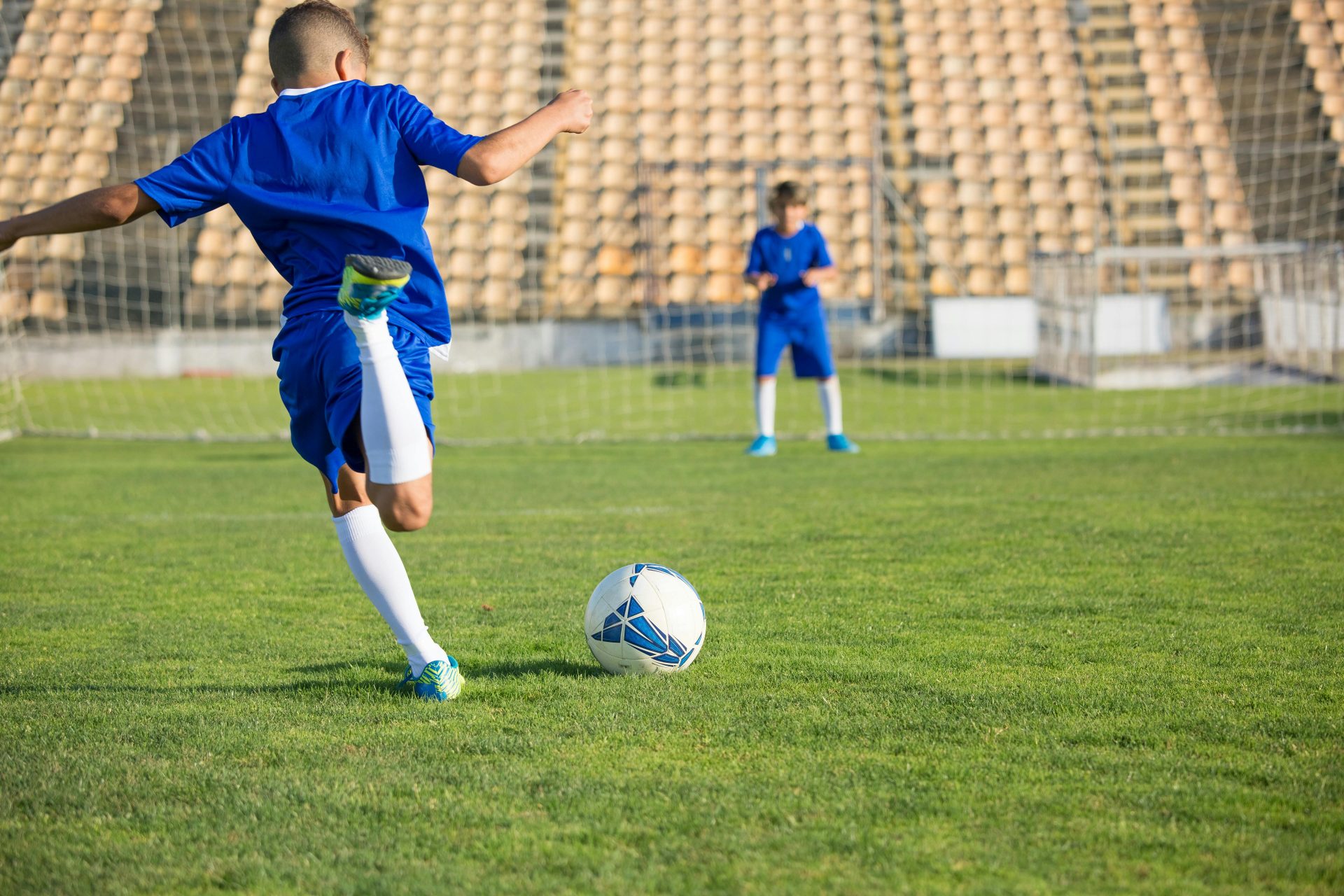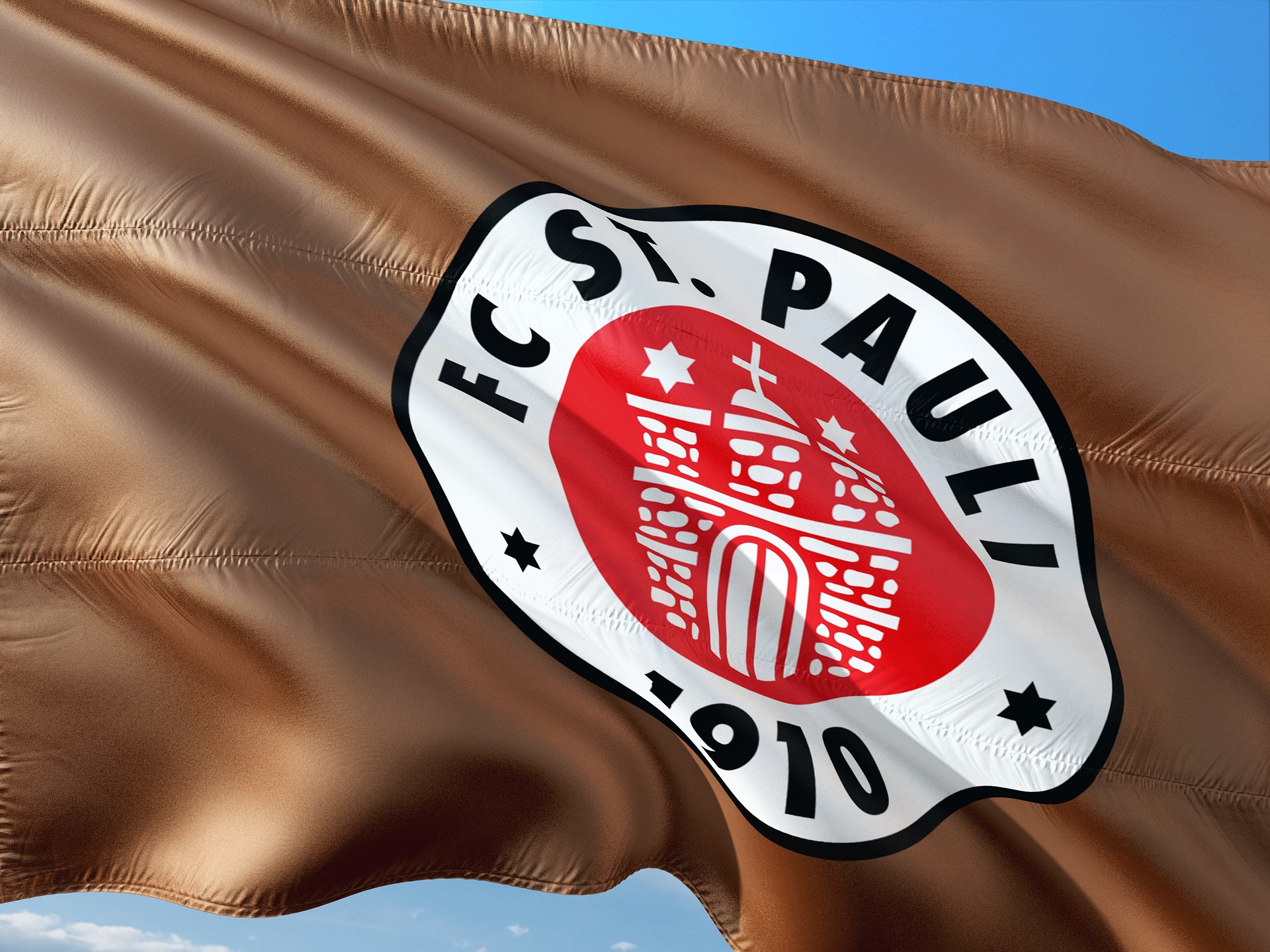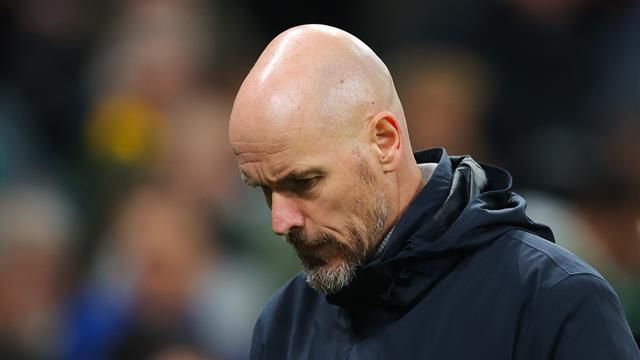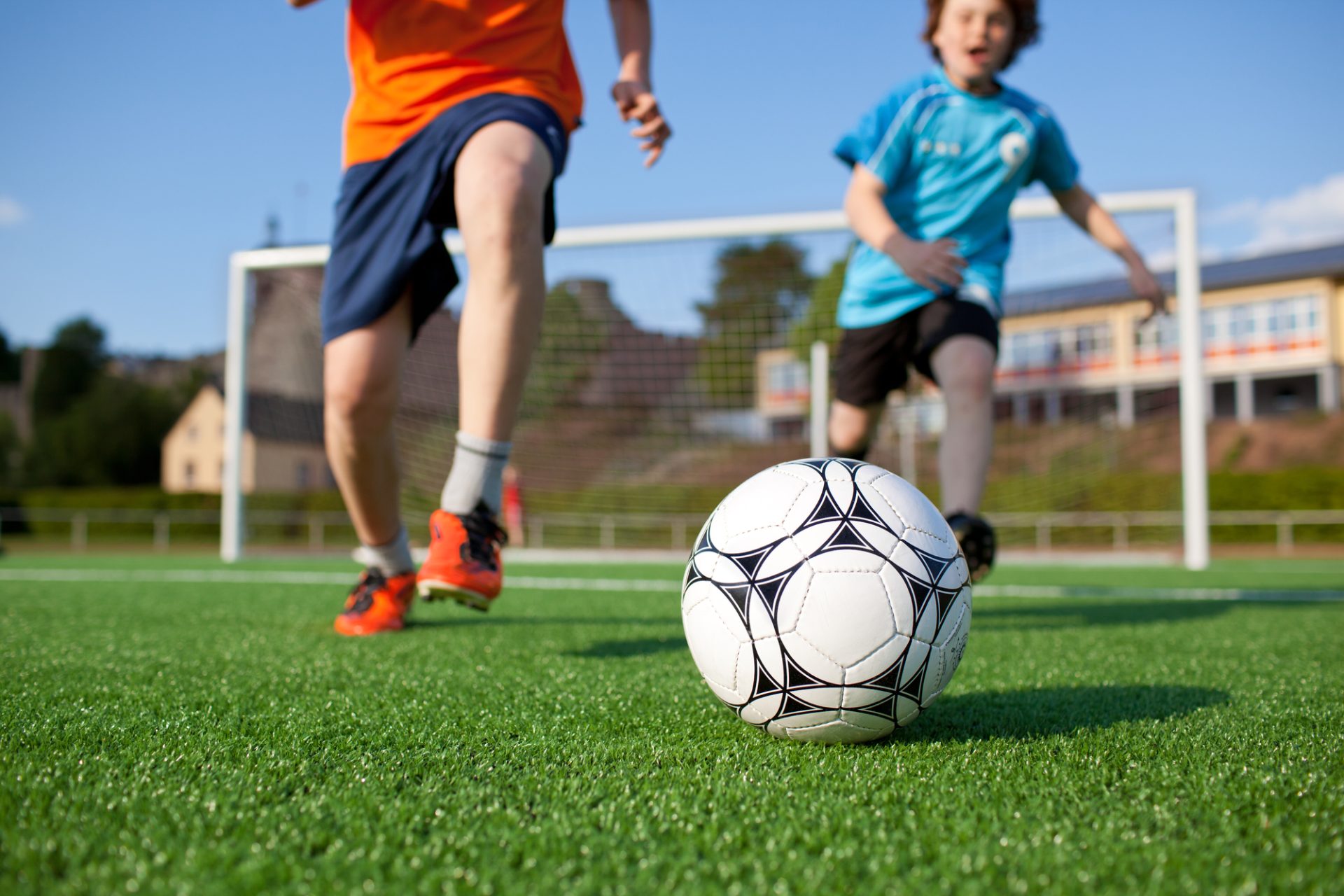Can You Pass the Ball to Your Goalkeeper?
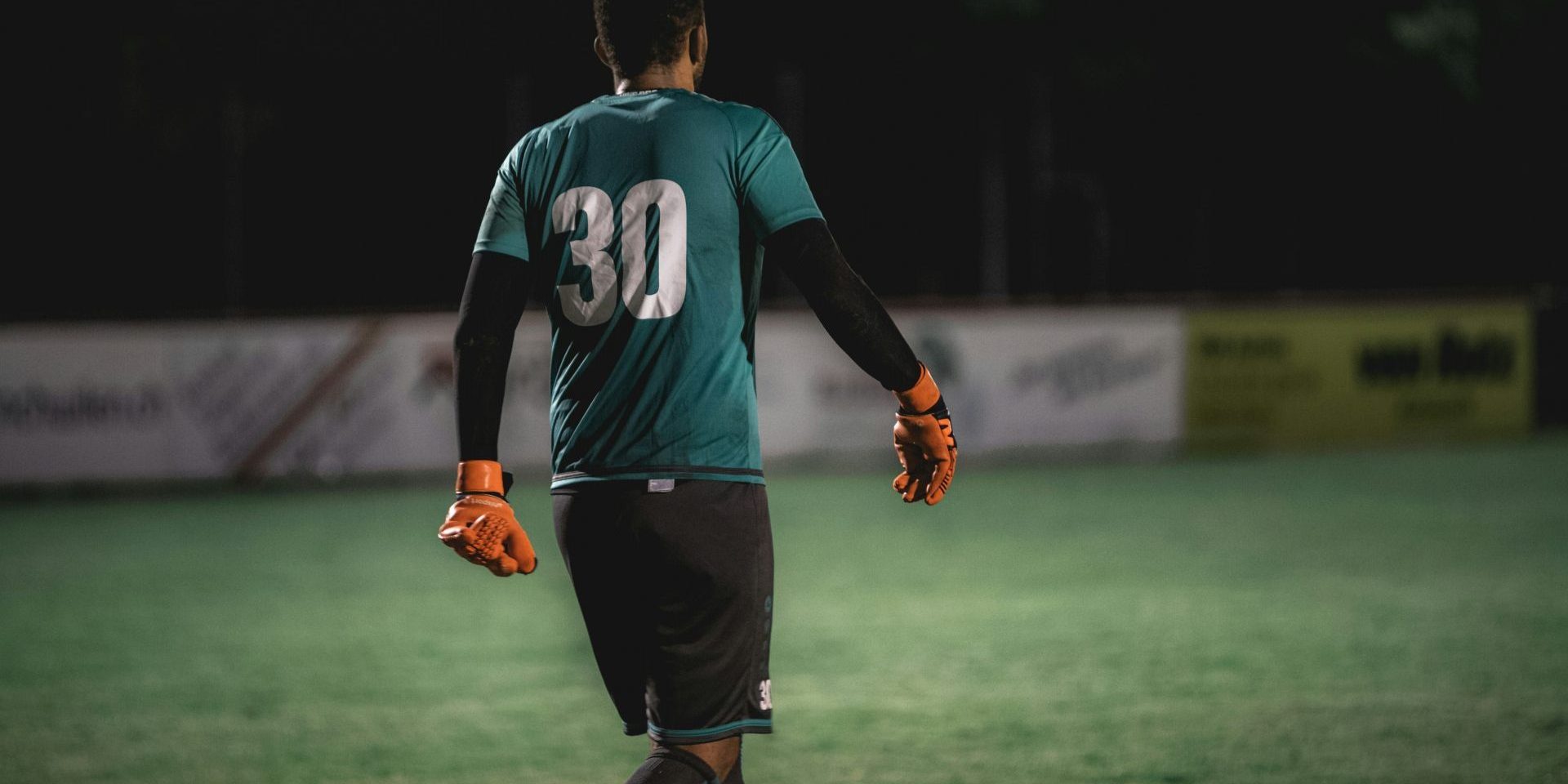
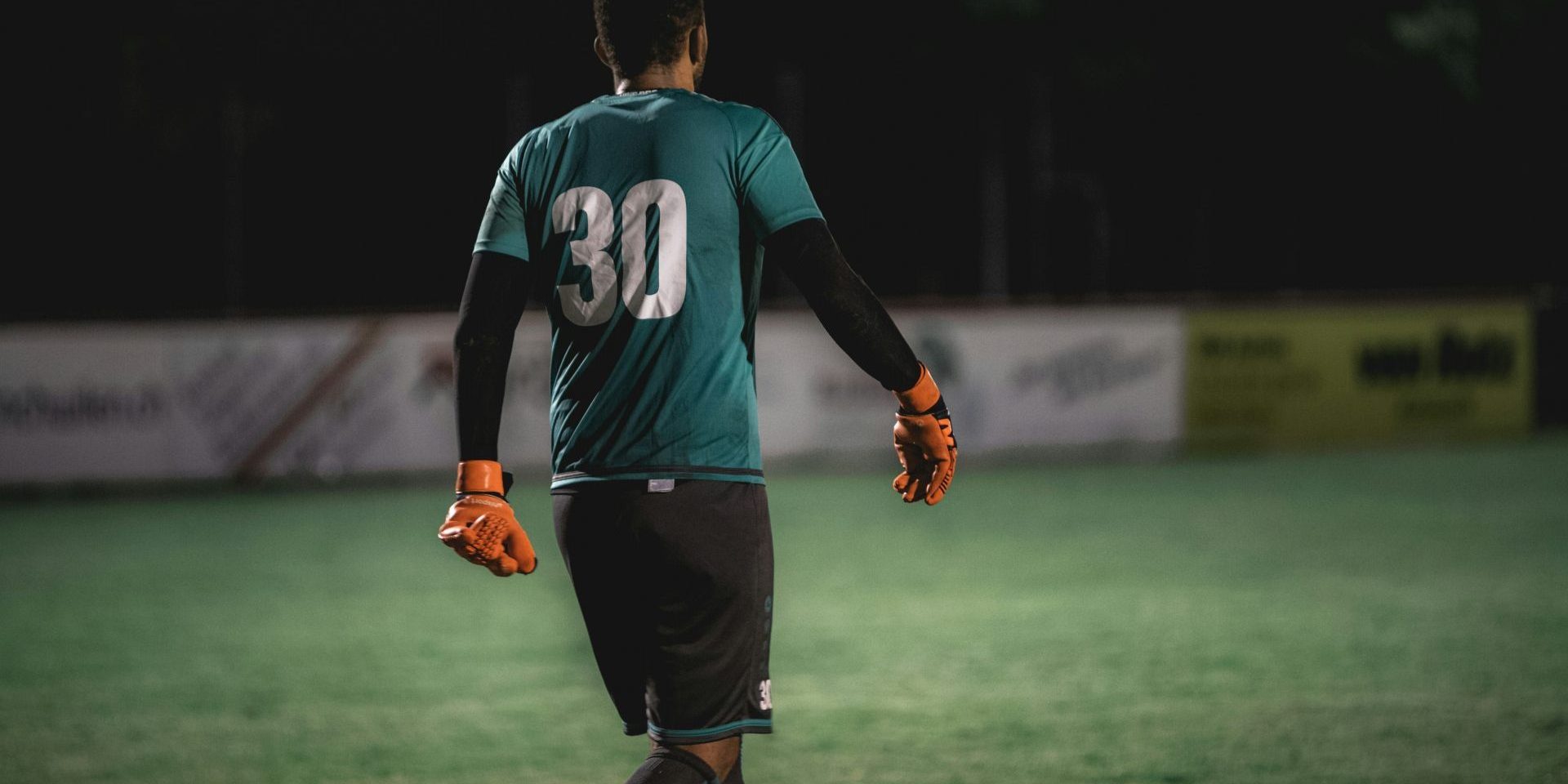
Table of Contents
In soccer, the dynamic between the goalkeeper and the rest of the team is governed by a set of specific rules that dictate how players can interact with one another on the pitch. One key aspect that often comes into play is whether outfield players are allowed to pass the ball to their goalkeeper. This is a subject that garners attention because it addresses the delicate balance between defensive strategy and the laws of the game.
The rules of soccer, as set by the International Football Association Board (IFAB), specify that a goalkeeper has the unique ability to handle the ball within their own penalty area. However, there are restrictions. The introduction of the back-pass rule prevents outfield players from deliberately passing the ball to their goalkeeper’s hands to avoid pressure from the opposing team. The goalkeeper cannot pick up the ball with their hands if it has been intentionally kicked to them by a teammate. This rule is designed to maintain the pace of the game and prevent teams from wasting time. If the goalkeeper does handle the ball in such a situation, an indirect free kick is awarded to the opposing team from the spot of the infringement. The interpretation and enforcement of this rule can affect the flow of the game and the strategies employed by teams in both offensive and defensive plays.
Understanding the Back Pass Rule
In soccer, the back pass rule restricts goalkeepers from handling the ball when a teammate deliberately passes it to them using their feet.
History and Rationale of the Back-Pass Rule
The back pass rule was introduced to soccer in 1992, under Law 12 of the IFAB Laws of the Game. Its primary intention was to discourage time-wasting and encourage continuous play, essentially ensuring the game’s pace remained dynamic. The advent of this rule also aimed to prevent goalkeepers from picking up back passes and holding onto the ball indefinitely.
Details of the Back-Pass Rule
According to the back pass rule:
- The goalkeeper is prohibited from using their hands to touch the ball if it has been deliberately kicked to them by a teammate’s foot.
- The rule is only applicable if the goalkeeper is inside their own penalty area.
- If the goalkeeper infringes this rule, an indirect free kick is awarded to the opposing team from the location where the handling offense occurred.
- It’s important to note that other forms of passing, like a header or chest pass from a teammate, do not fall under this rule. The goalkeeper can handle such passes legally.
Goalkeeper Restrictions and Abilities
In soccer, goalkeepers have distinct rules that apply specifically to them, especially concerning how and when they can handle the ball. These regulations ensure that the game remains fair and minimizes opportunities for time-wasting.
Handling the Ball
The goalkeeper is the only player allowed to handle the ball with their hands and arms, and this privilege is strictly limited to being within their own penalty area. However, they must adhere to the back-pass rule, which prohibits them from using their hands to pick up the ball if it has been deliberately kicked to them by a teammate. Furthermore, if a teammate throws the ball in, the goalkeeper may not handle it directly.
Goalkeeper’s Position during Play
During play, the goalkeeper primarily operates within the penalty area, which is their domain for handling the ball. While they can move anywhere on the field, their unique hand-ball privilege is lost once they cross the penalty area’s boundary lines.
Time Restrictions for Ball Possession
A goalkeeper can only hold onto the ball for 6 seconds after taking possession with their hands. This rule is in place to maintain the pace of the game and prevent goalkeepers from unduly retaining possession and causing unnecessary delays. If a goalkeeper violates this rule, the opposing team is awarded an indirect free kick.
Exceptions and Clarifications
This section outlines when a goalkeeper is allowed to use their hands after a teammate’s pass and which types of back-passes are permitted under the rules of soccer.
When Can a Goalkeeper Use Hands
A goalkeeper may use their hands inside their own penalty area when the ball comes to them through an action that is not a deliberate foot-pass by a teammate. This includes instances when the ball is played using the head, chest, knee, or any part of the body other than the feet. For instance, a goalkeeper can catch or hold the ball if a defender deliberately heads the ball back to them. Ball contact from a throw-in by a teammate directly to the goalkeeper is also permitted for hand use.
Legal Back-Passes
A back-pass is considered legal when it is not executed with the foot. Players often employ alternative methods to return the ball to their goalkeeper, such as using their head or chest. These passes allow the goalkeeper to handle the ball. One thing to remember is that intentional foot-passes are the only scenario where the goalkeeper is restricted from using their hands. Accidental deflections or misdirected kicks that reach the goalkeeper do not constitute an offense and are thus considered legal back-passes.
Consequences of Illegal Back Passes
When a player commits an illegal back pass, the infraction disrupts the flow of the game and results in a set piece that gives the opposing team an opportunity to score.
Types of Penalties
Indirect Free Kick: The standard consequence for an illegal back pass is an indirect free kick from the point where the goalkeeper handled the ball. Unlike a direct free kick, a goal can only be scored from this if the ball subsequently touches another player before entering the goal.
Disciplinary Actions: Depending on the nature of the offense, additional disciplinary actions may be taken:
- A yellow card is issued for unsporting behavior, which might include a deliberate illegal back pass to waste time.
- A red card is rarer in the context of a back pass violation but can be shown if the back pass is part of a denial of a clear goal scoring opportunity.
The enforcement of these penalties aims to uphold the integrity of the game by penalizing unsportsmanlike conduct, such as time-wasting or other strategic fouls.
Tactical Implications and Strategies
In soccer, passing the ball to the goalkeeper is a decision that carries significant tactical implications and shapes team strategies both offensively and defensively.
Preventing Time-Wasting
In an effort to maintain the flow of the game and discourage the stalling of play, the back-pass rule was introduced. This rule prohibits goalkeepers from picking up the ball when it is deliberately kicked to them by a teammate. If violated, the opposing team is awarded an indirect free kick, which serves as an offense if the defending team uses such tactics. Teams must therefore use intelligent positioning and avoid tricks that circumvent the rule, ensuring the game advances without deliberate delays.
- Tactics to Prevent Time-Wasting:
- Ensuring players are well-positioned to receive the ball legally
- Educating players on the rules to prevent accidental infractions
- Developing set plays that avoid the need for back-passes to the goalkeeper
Influencing Goalkeeper Play
The role of the goalkeeper has evolved; they are no longer just the last line of defending but also an initiator of attacks. This requires the goalkeeper to be skillful with their feet, able to distribute the ball accurately, and make quick decisions under pressure. Defending teams must adapt their strategies to these changes, recognizing the goalkeeper’s position as a pivotal part of the team’s play style. The ability to play both short and long balls effectively allows teams to alter their attacking dynamics based on the goalkeeper’s actions.
- Impacts on Goalkeeper’s Role in Play:
- Distribution: A goalkeeper’s distribution should be accurate, whether it involves short passes to defenders or long balls to forwards.
- Team’s Style: A goalkeeper’s involvement in play will depend on the team’s overall formation and style – ranging from defensive strategies to more fluid, attacking approaches.

